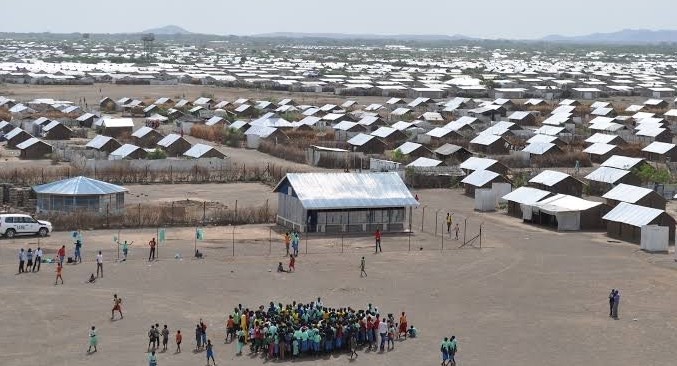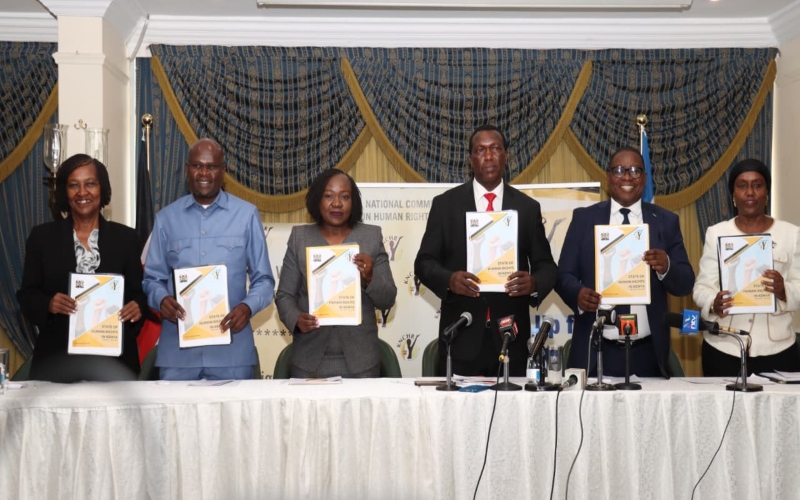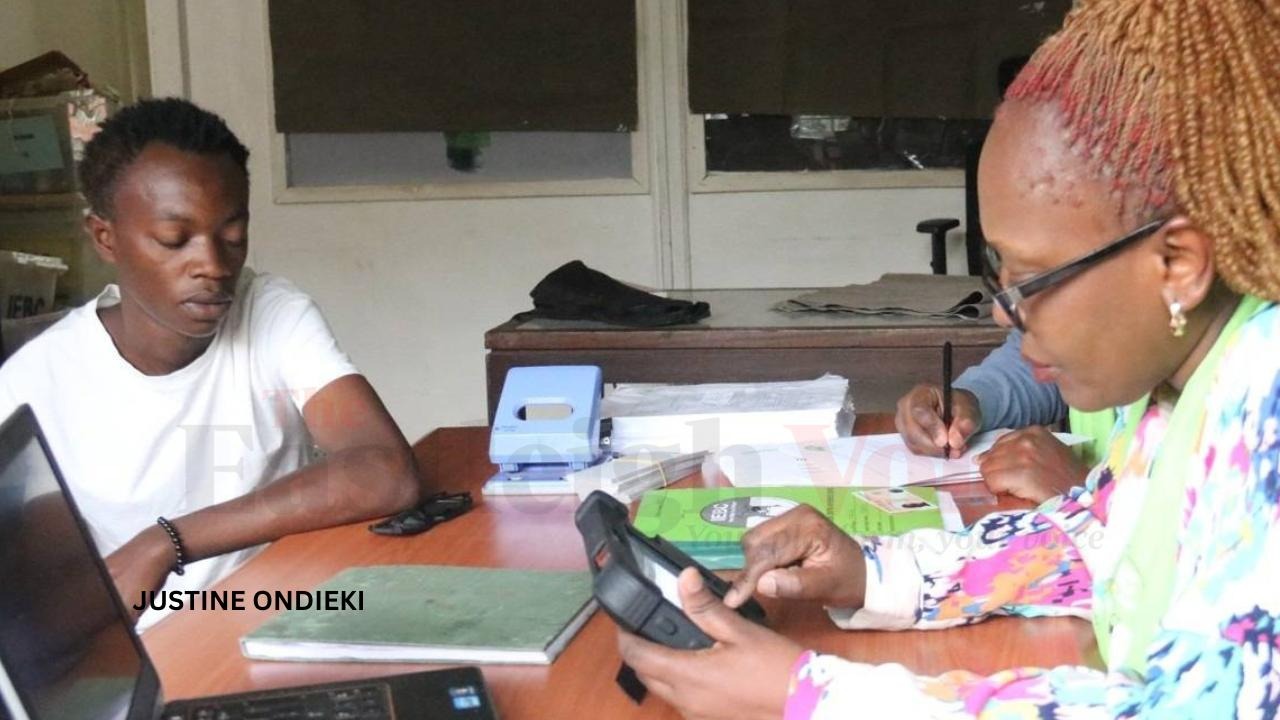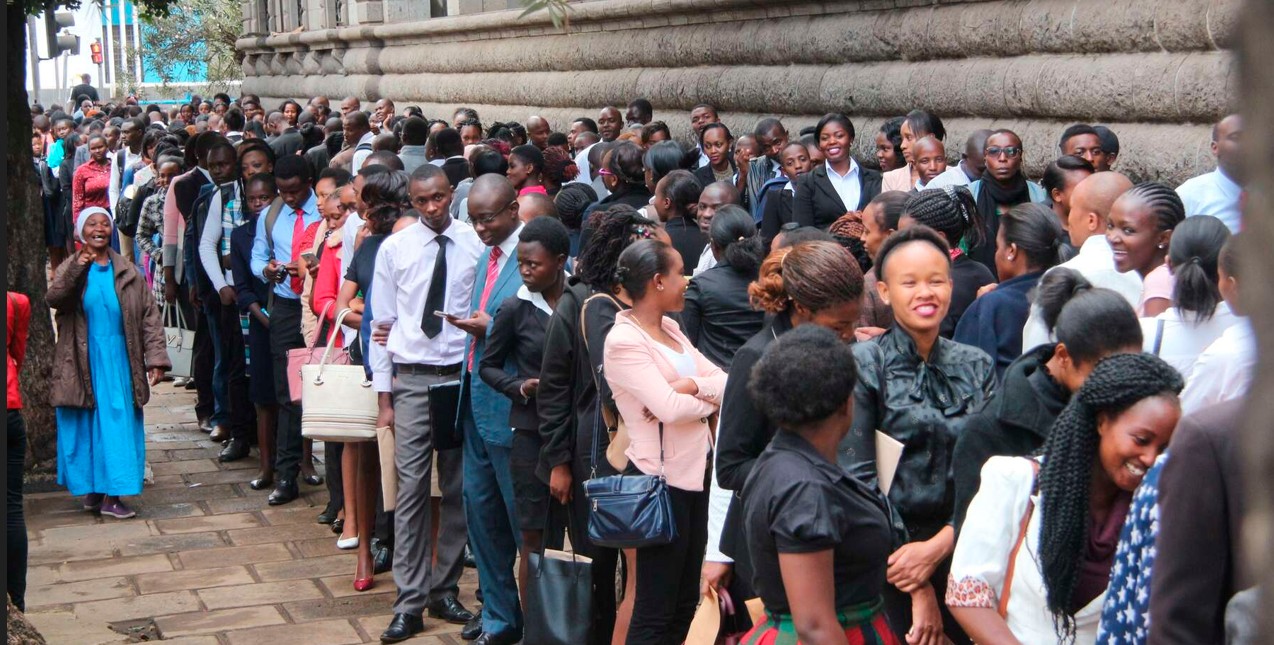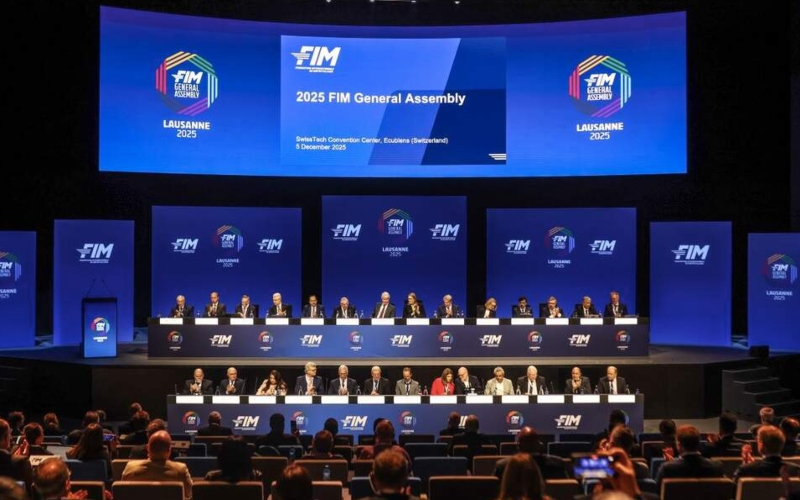Headteachers urge government to raise school fees citing rising costs, inflation
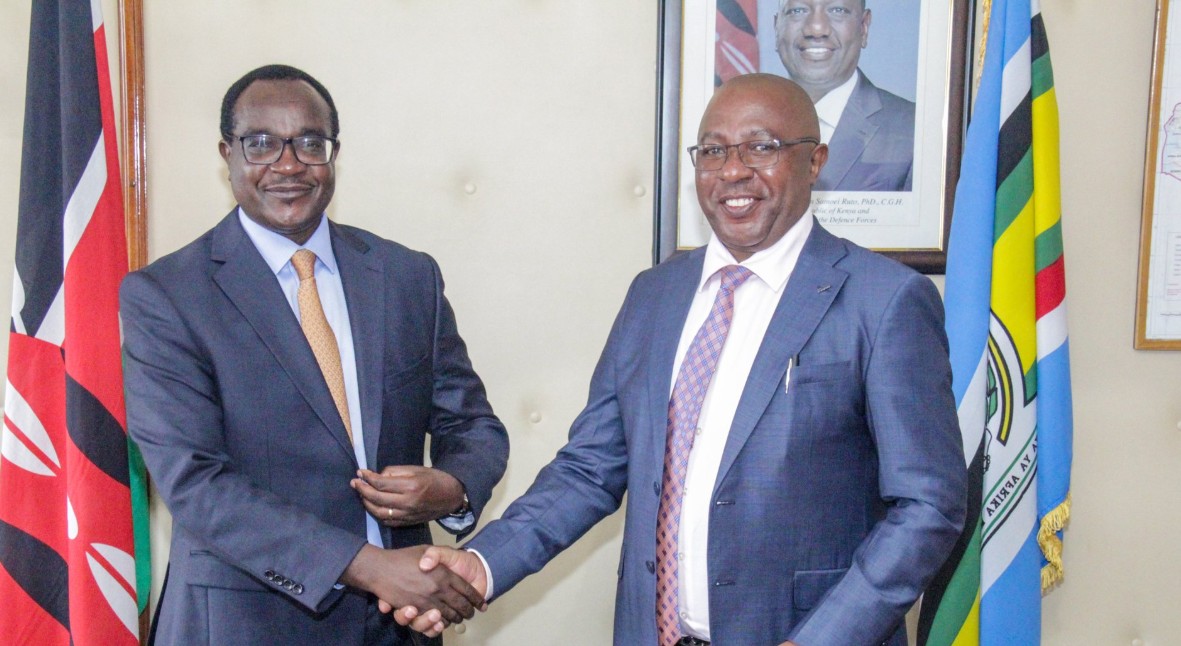
The proposal suggests that fees in national schools be raised from the current Sh53,554 to Sh73,182 per year, an increase of Sh19,628.
Seven years after the last review of secondary school fees, headteachers are now calling for an urgent increase, arguing that inflation and rising costs have rendered the current structure unsustainable.
The Kenya Secondary School Heads Association (Kessha) has submitted a proposal to the Ministry of Education seeking an upward adjustment in school fees, warning that institutions are struggling to operate due to financial constraints.
More To Read
- KNBS data shows uneven food price shifts as inflation dips slightly
- World Bank upgrades Kenya’s growth outlook to 4.9 per cent, warns of elevated risks
- Blow to State as court declares eCitizen Sh50 charge illegal, halts mandatory school fee payment via platform
- CBK targets Sh40 billion in new Treasury bond auction
- Private business activity growth surges in October on strengthening sales
- Food inflation remains high despite overall stability - KNBS
The proposal, detailed in a document titled Operational Crisis in Secondary Schools, suggests that fees in national schools be raised from the current Sh53,554 to Sh73,182 per year, an increase of Sh19,628.
Similarly, parents with children in county and extra-county schools would see their fees rise from Sh45,554 to Sh68,023 annually.
Additionally, Kessha has proposed the introduction of fees in day schools, which the government has previously maintained should offer free education. According to the proposal, parents with children in day schools would be required to pay Sh5,372 on top of the Sh22,244 capitation provided by the government.
School heads argue that the fees set under government guidelines are no longer realistic, given the rising costs of food, utilities, and essential learning materials. They cite significant price increases in commodities, noting that a ream of photocopy paper that cost Sh420 in 2015 now sells for Sh890.
The price of a 50kg bag of rice has doubled from Sh3,600 to Sh7,200, while a 90kg bag of sugar, which cost Sh5,000 in 2015, now goes for Sh7,800.
“The current capitation of Sh22,244 per learner was last reviewed seven years ago, and it is, therefore, incongruent with the prevailing economic realities,” the school heads said in the proposal.
Stagnant capitation
They further explain that stagnant capitation amid rising costs has placed schools under immense financial strain, forcing them to ration meals, delay projects, and operate under difficult conditions. Some institutions are even considering closing early to ease financial pressure.
The proposal has been submitted to Education Cabinet Secretary Julius Ogamba for consideration.
While the ministry had previously set the annual fee at Sh53,554 for national schools and Sh40,535 for county and extra-county schools, Ogamba is yet to comment on the latest proposal.
In January, he warned school heads against increasing fees, insisting that the 2024 fee structure should remain unchanged.
Parents have reacted with outrage, arguing that any fee hike would place an additional burden on families already struggling with the high cost of living. National Parents Association chairman Silas Obuhatsa has criticised the proposal, saying it would be unfair to parents.
Meanwhile, headteachers insist that without an increase, schools will be unable to meet their financial obligations.
Kessha Chairman Willie Kuria has described the situation as dire, warning that some institutions may have no option but to shut down.
“There is only one option: to close schools. School heads can’t provide food for learners. This is a big crisis, and we must make the right decisions,” Kuria said.
Top Stories Today

